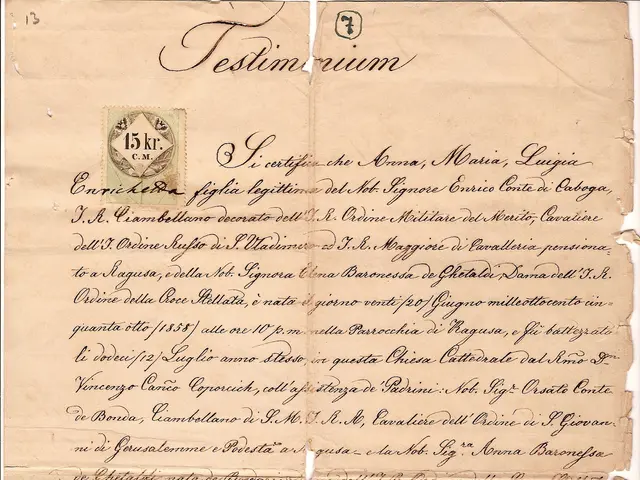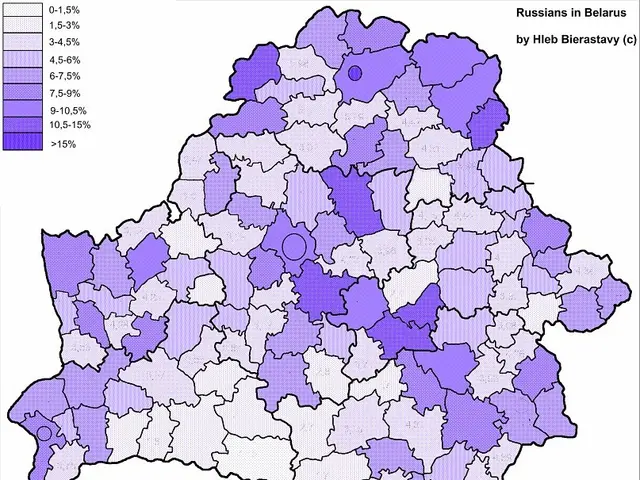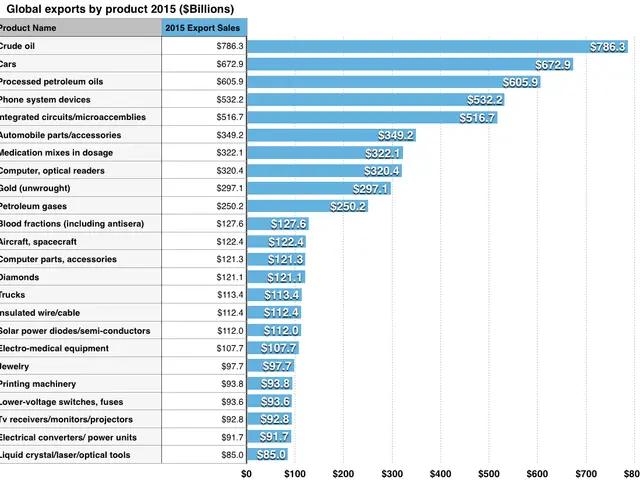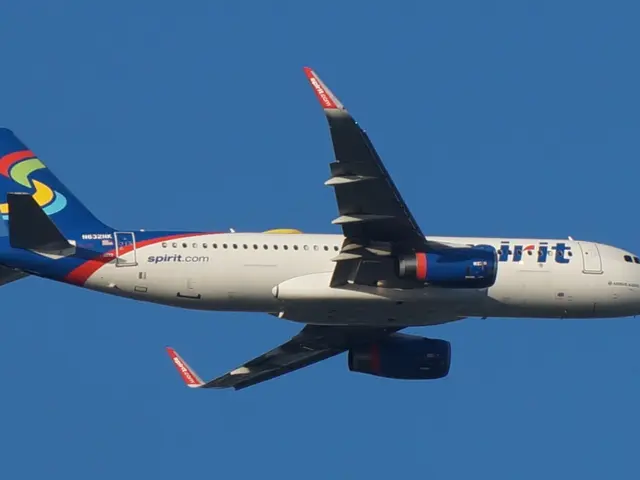Tightened U.S. Visa Procedures: Increased In-Person Interviews, Extended Wait Times Await Applicants
Starting September 2, 2025, most non-immigrant visa applicants residing in the UAE, including children under 14 and adults over 79, will be required to attend in-person interviews as part of their visa application process. This change aims to restore pre-pandemic screening rigor and affects popular visa types such as B1/B2 (business/tourist) and student visas (F and M categories) [1][2][3][4][5].
Exemptions and Eligibility for Interview Waivers
Only a few visa categories or situations will still qualify for interview waivers, generally those meeting stringent criteria such as exact renewal parameters. The new rules eliminate most previous exemptions based on age [1][2]. Visa Waiver Program travelers, who enter the US with ESTA, are not affected by these rules, but UAE residents usually require visas and thus will face new interview requirements [1][2].
Key Preparation Steps for UAE Residents Applying for US Visas
- Plan Ahead: Expect longer wait times and queues due to the mandatory interviews.
- Schedule Early: Book interview appointments as soon as possible to avoid delays.
- Check Official Sources: Visit the US Embassy or Consulate websites in the UAE for current guidelines on required documents, appointment scheduling, and local procedures.
- Prepare Required Documents: Ensure all supporting documents (invitation letters, financials, academic records, etc.) are organized and compliant with the latest consulate instructions.
- Understand Visa Category-Specific Procedures: For example, student visa applicants should review F and M visa-specific documentation and interview requirements.
- Budget for New Fees: Be aware of recent changes like the $250 processing fee for most non-immigrant visa applications.
- Expect In-Person Interviews: Dress appropriately, arrive early, and be ready to answer questions about travel purpose, background, and ties to the UAE.
These updated rules affect most non-immigrant visa categories, including the B1/B2 (business/tourist) category. Applicants should not assume they can skip the interview for B1/B2 visas or first-time applications [1][2][3][4][5]. The new rule is a sign of tougher immigration policies under the Trump-era law [6].
Consular officers can still call in applicants at their discretion, even if they meet the conditions for a visa interview waiver. Applicants should plan ahead, especially for year-end trips or family holidays, due to longer lead times and more documentation [7]. The change affects popular short-term visas like the B1/B2 (business/tourist) category and is likely to slow down processing times for applicants globally, including UAE-based Indian, Filipino, and Arab expats [8].
[1] https://www.whitehouse.gov/briefing-room/statements-releases/2022/04/01/fact-sheet-the-one-big-beautiful-bill-act-strengthens-border-security-and-immigration-enforcement/ [2] https://www.state.gov/travel/visas/visa-bulletin/2022/visa-bulletin-for-august-2022/ [3] https://www.state.gov/travel/visas/visa-bulletin/2022/visa-bulletin-for-july-2022/ [4] https://www.state.gov/travel/visas/visa-bulletin/2022/visa-bulletin-for-june-2022/ [5] https://www.state.gov/travel/visas/visa-bulletin/2022/visa-bulletin-for-may-2022/ [6] https://www.whitehouse.gov/briefing-room/presidential-actions/2020/01/27/proclamation-on-the-suspension-of-entry-of-immigrants-and-nonimmigrants-who-present-risk-to-the-u-s-labor-market-following-the-expiration-of-the-moratorium-on-the-entry-of-immigrants-and-nonimmigrants-imposed-by-proclamation-10014/ [7] https://www.state.gov/travel/visas/visa-bulletin/2022/visa-bulletin-for-april-2022/ [8] https://www.state.gov/travel/visas/visa-bulletin/2022/visa-bulletin-for-march-2022/
- UAE residents applying for B1/B2 (business/tourist) visas should not assume they can bypass the interview requirement, regardless of their previous visa history or age.
- Visa Waiver Program travelers from the UAE, who enter the US with ESTA, will remain unaffected by the updated interview requirements, but they still need visas for extended stays.
- The new visa rules may lead to increased processing times for lifestyle-related travel visa applications, such as those in the B1/B2 category, causing delays for UAE-based Indian, Filipino, and Arab expats planning year-end trips.





